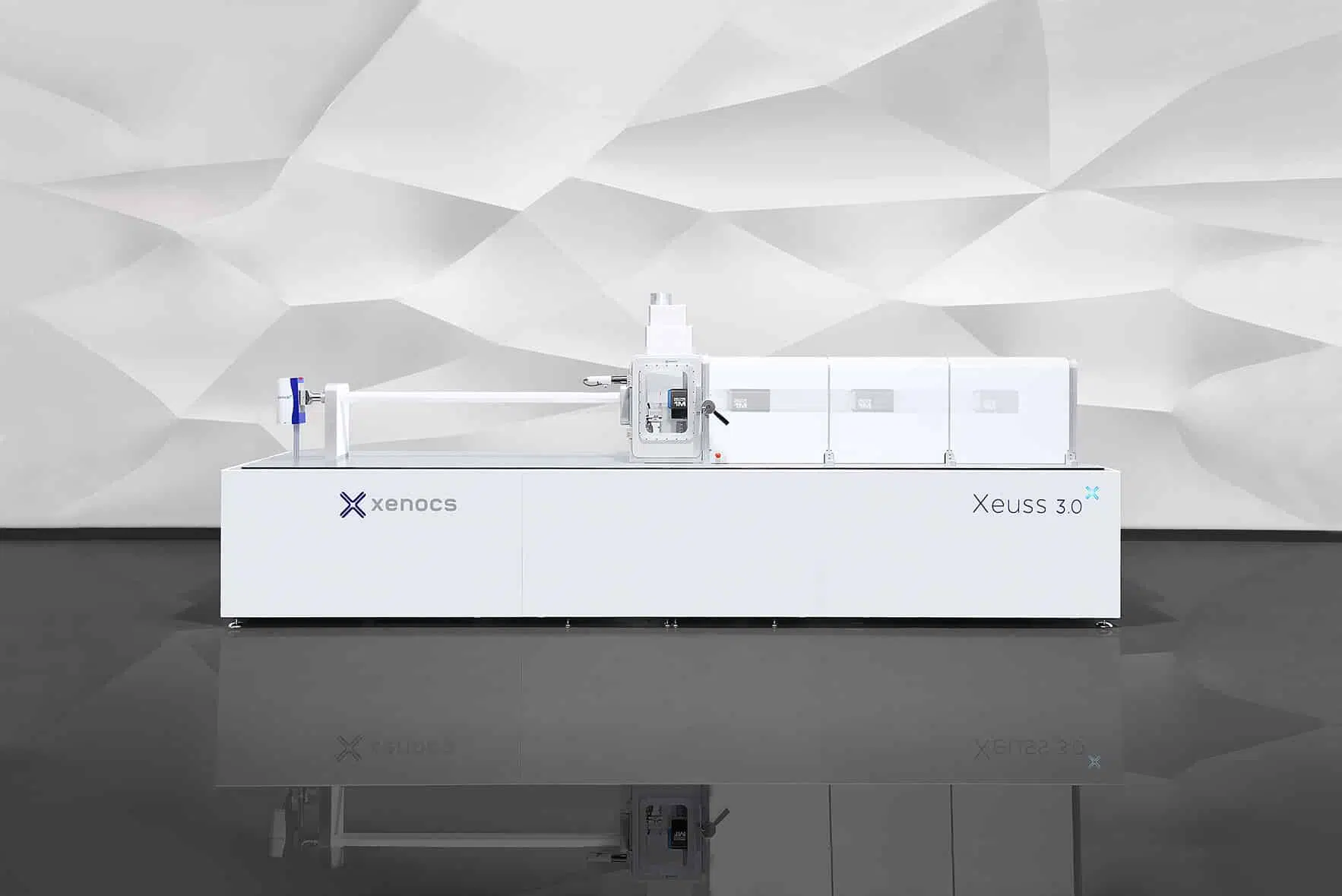Materials Chemistry Frontiers, 2019,
DOI:10.1039/C8QM00609A
Abstract
It is promising, yet challenging, to employ molecules of slight synthetic complexity to construct efficient and low-cost organic solar cells (OSCs). Herein, two unfused acceptors, DF-TCIC and HF-TCIC, were developed for OSC applications, in which the 3,4-difluorothiophene core connected through a cyclopentadithiophene (CPDT) bridge to 1,1-dicyanomethylene-3-indanone derivatives (IC for DF-TCIC and DFIC for HF-TCIC, respectively). As mediated by intramolecular non-covalent interactions, these unfused acceptors exhibited a nearly planar structure, and a strong charge transfer effect. HF-TCIC-based OSCs showed a high short-circuit current density (Jsc) of 20.04 mA cm−2 and a power conversion efficiency (PCE) of 9.86%, thereby outperforming DF-TCIC-based devices (Jsc of 16.39 mA cm−2 and PCE of 8.23%). This work suggests that unfused acceptors of slight synthetic complexity are promising for OSC applications.


































